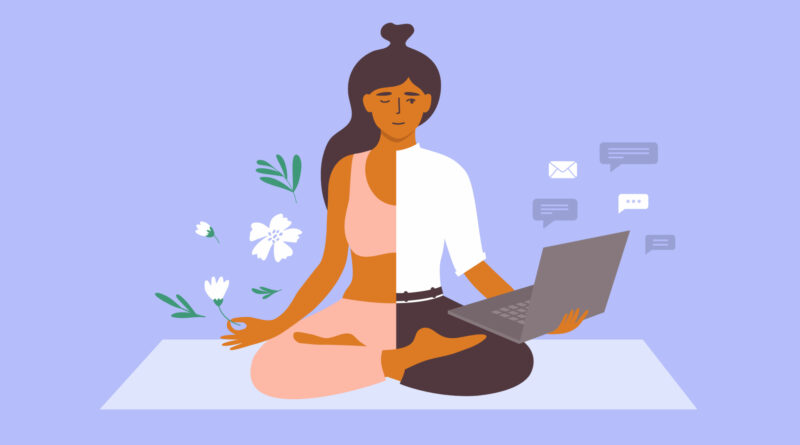Mind Matters: Promoting Mental Health in Your Work Culture
In a fast-paced society like the modern world, people face multiple difficulties at every stage of their lives. In college, students have to deal with the pressure of studying for a long time and may suffer from minor mental illnesses. However, when students graduate and start working, they may gradually develop more serious mental illnesses due to various factors such as pressure and complicated interpersonal relationships in the workplace. Therefore, it is very important for all of us to correctly face the pressure in the workplace and our own psychological condition, because only by correctly facing it, our potential mental illnesses can be alleviated to the greatest extent.
Risk factors for mental health in the workplace
The workplace as a very high-pressure place can easily have a negative impact on people’s mental health. Some of the common challenges that can have a negative impact on the mental health of employees include long and inflexible working hours, staff shortages due to layoffs or vacancies, or increasing workloads. Moreover, some of the more severe issues in workplace can be toxic workplaces that promote bullying, harassment, or abuse, remote working, a lack of a clear division between work time and personal time, and unsafe work practices.

Mental health problems commonly found in workplace
Some of the most common mental health issues found in the everyday workplace include stress, anxiety, and harassment. Short-term stress may motivate a person to complete the tasks given to them the fastest, but long-term stress is definitely not healthy, and too much stress can damage your health and productivity, making it very easy to feel unfocused and have a serve mental breakdown. Much like stress, not all anxiety is bad, but if a person feels plagued by chronic worry, negative thoughts, or overwhelming feelings of nervousness or panic while at work, this emotion can begin to constantly interfere with that person’s daily life and ability to perform in the workplace. You may feel tense and uneasy very easily and trigger a host of physical issues such as insomnia, headaches, stomach aches and muscle tension. Lastly, a final possible mental illness in the workplace is bullying and harassment. As all workplaces can be potentially dangerous in this way, it is important to avoid engaging in it as much as possible in our day-to-day work. However, when bullying or harassment actually occurs in the workplace, such a hostile environment can have a devastating effect on people’s emotions, outlook, and overall health and well-being. You may work in constant fear, feel compelled to call in sick whenever possible, or even want to quit your job just to escape the hostile work environment.

Ways to take care your mental health at work
When you are in a work environment that is so stressful that you sometimes feel out of breath, it is important to take some time away from the environment for a short period of time, as this can be effective in helping to provide some mental relief and the quickest way to rejuvenate you to some degree. In addition to this, it is also very important to have a work life balance in your daily routine. Since people are not robots that can work 24/7, what you should do is to take regular breaks throughout the day to relax your brain and take time to self-relax and enjoy yourself. Also, you can practice some tips to relax yourself. For example, read for an hour a day, go for a walk in the wild for an hour a day, etc. These tips can go a long way in helping you to relieve the stress piled up at work and reduce the impact of various negative factors at work on you. Last but not least, take care of yourself. This can be achieved in a number of ways, such as getting enough quality sleep at night, eating a healthy, nutritious diet, and exercising regularly. If you’re able to stick to these habits over time, you’re likely to feel better about yourself, which will allow you to face the stresses of work better and with a calmer attitude in the future.

Source
- Robinson, L. (2024, February 5). Mental health in the workplace. HelpGuide.org. https://www.helpguide.org/articles/work/mental-health-in-the-workplace.htm

